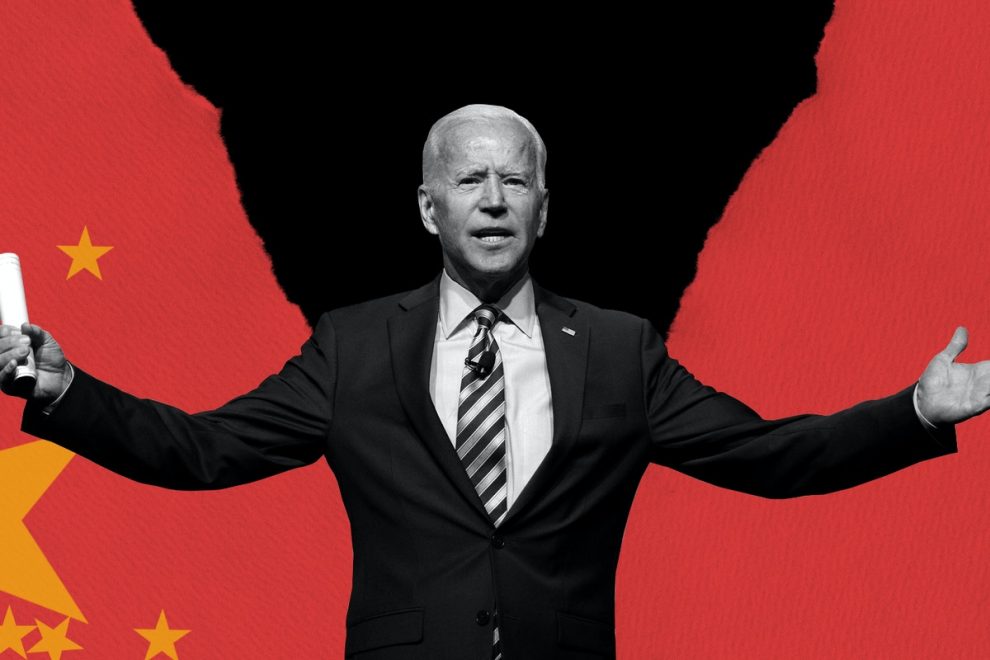President Joe Biden plans to propose a tax on American businesses at a higher corporate tax rate than Communist China charges American businesses.
Biden will travel to Pittsburgh Wednesday to present a 2.25 trillion dollar package that would, if passed into law, increase the corporate tax rate from 21 percent to 28 percent, outdoing Communist China’s corporate tax rate of 25 percent, just after former President Trump lowered the tax from 35 percent to the current 21 percent.
According to the Washington Post, “The proposal would also increase the “global minimum tax paid from about 13 percent to 21 percent, as well as other measures aimed at taxing corporations that shelter profits offshore to avoid taxes.”
The proposal is already being met with some criticism on both sides of the aisle.
Rep. Alexandria Ocasio-Cortez (D-NY) tweeted Wednesday Biden’s effort is lacking urgency. “This is not nearly enough,” she said:
This is not nearly enough. The important context here is that it’s $2.25T spread out over 10 years.
For context, the COVID package was $1.9T for this year *alone,* with some provisions lasting 2 years.
Needs to be way bigger. https://t.co/eTQ7cxuTzF
— Alexandria Ocasio-Cortez (@AOC) March 30, 2021
The top Republican on the House Ways and Means Committee, Rep. Kevin Brady (R-TX), also condemned the plan due to the United States remaining in an economic crisis. “No president has ever raised business taxes to recover from an economic crisis. This couldn’t come at a worse time,” he said.
Ann Wagner (R-MO) agreed. “Why, as this country begins to reopen and recover economically, would the Biden administration be proposing tax policy which would, in the end, hurt the American family and millions of struggling small businesses?”
Senate Minority Leader Mitch McConnell (R-KY) said on March 16 that Republicans would not support tax increases to pay for infrastructure. “I don’t think there’s going to be any enthusiasm on our side for a tax increase,” he said.
Breitbart News reported the bill also “includes $300 billion for housing, $400 billion for elderly and disabled care, and $300 billion to revive manufacturing in the United States.” Additional expenditures incorporate high-speed broadband internet upgrades, electric grid modifications, and water systems maintenance. The proposal will also involve “nearly $400 billion in ‘clean-energy credits’ to promote ‘green’ energy such as wind and solar.”
Story cited here.
























